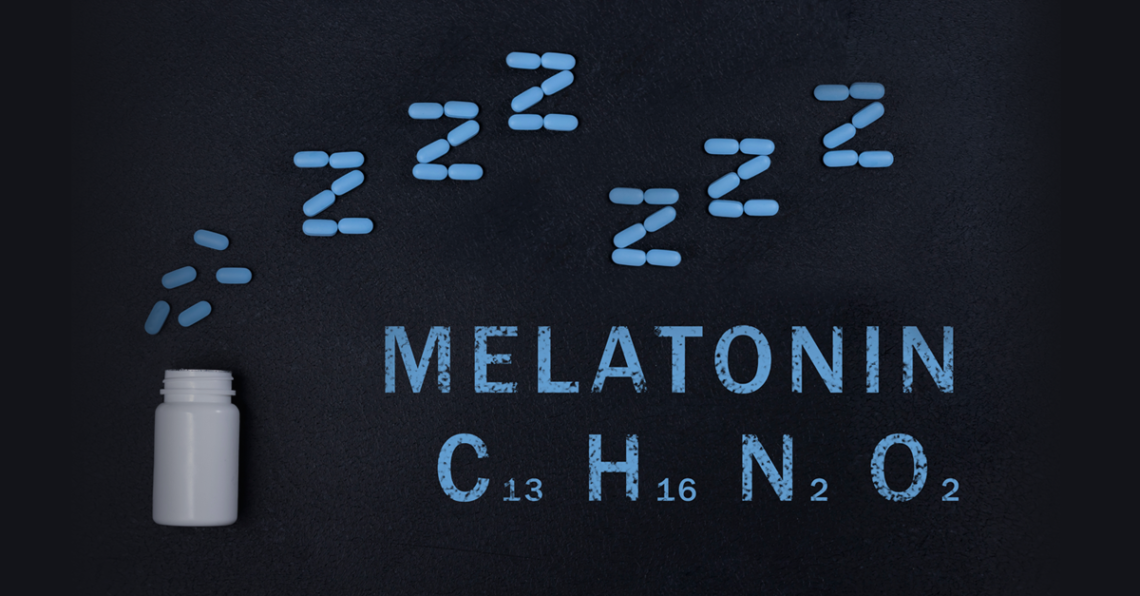
Melatonin: More than Just a Sleep Aid
Many of us may have heard of melatonin as a supplement to help with sleep. However, not many of us know that melatonin also has anti-cancer properties.
Melatonin is a natural hormone produced by the pineal gland at night. It is mainly responsible for our sleep-wake cycle.
How does melatonin help fight against cancer?
The anticancer properties of melatonin have been reported in several studies. Studies have shown that melatonin, as an oncostatic agent, helps prevent the spread of various types of cancer, such as breast, ovarian, prostate, oral, gastric, and colorectal cancers.
Melatonin works by inhibiting the linoleic acid uptake through its receptors. Thus, leading to programmed cell death (apoptosis) of cancer cells, prevention of new blood vessels of cancer cells (angiogenesis inhibition) and disruption of metabolism of cancer cells. Furthemore, some studies have shown that melatonin can also increase the efficacy of anticancer drugs, as well as enhancing the therapeutic effects and reducing the side effects of chemotherapy and/or radiation.
How is melatonin administered?
Melatonin can be taken orally before bedtime as a supplement to potentially lower risk of developing cancer, improving sleep and maintaining good health overall. As a supplement, melatonin can be found in several doses ranging from 1 mg to 10 mg.
Several studies have shown that melatonin has anticancer properties. Here are some examples:






